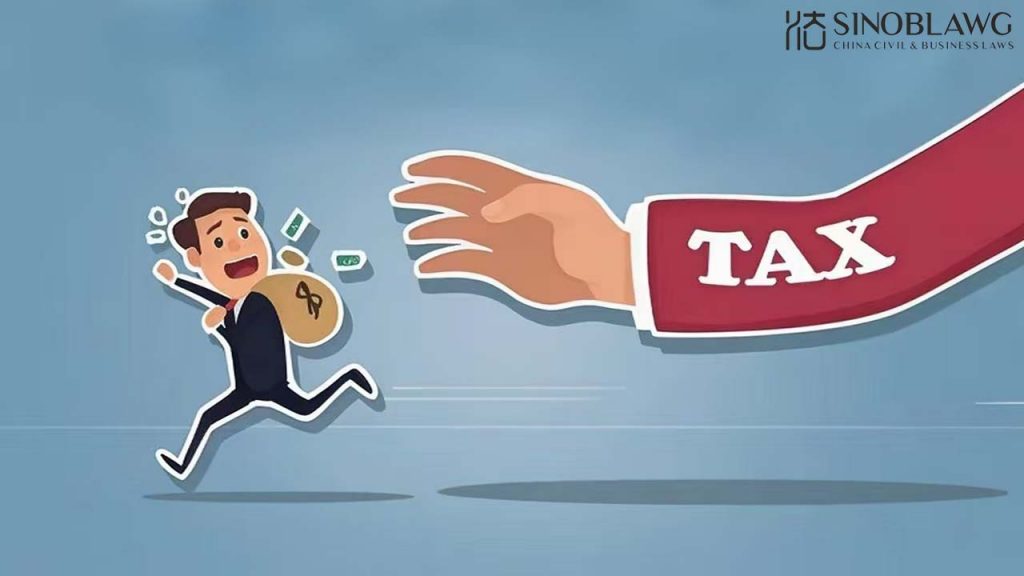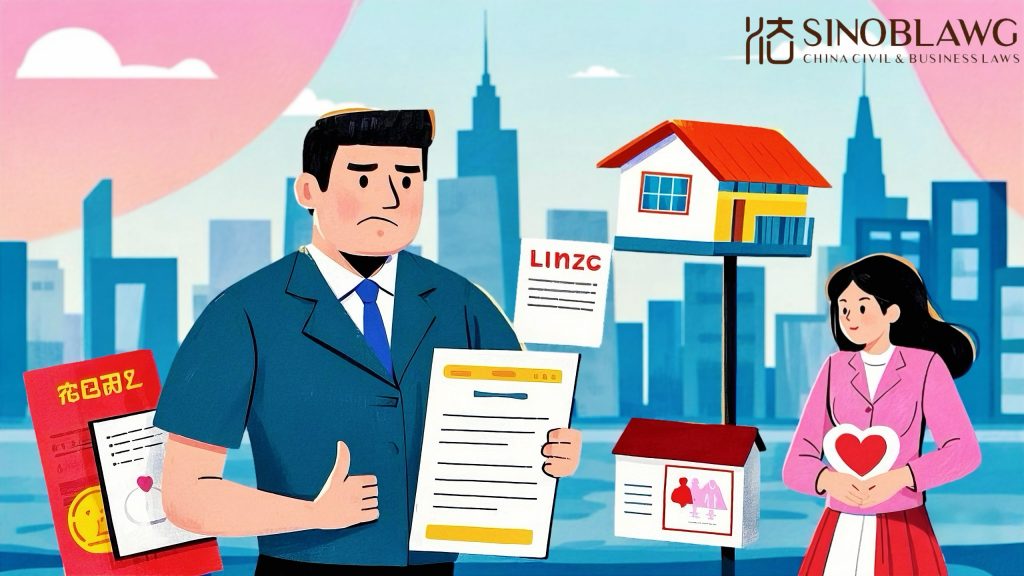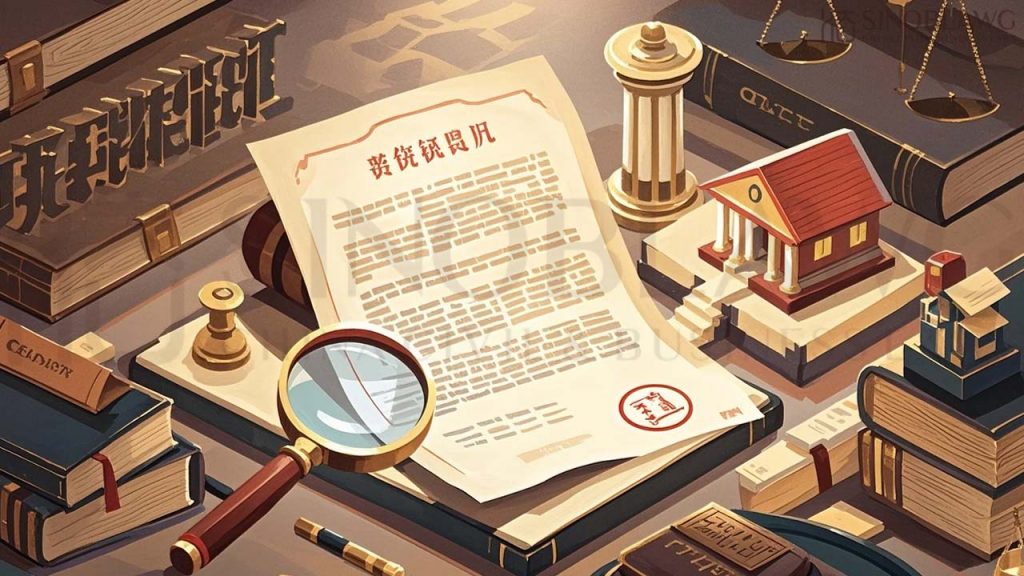Land value added tax is a big cut of profits from property owners in China.
Land VAT is applicable basically in two scenario: (1) corporate property owners that sell properties, including foreign entities that hold China properties,and (2) individual owners of non-residential properties.
If the owner simply sells in the market for cash, then the land VAT is inevitable. So generally to avoid or defer the payment of land VAT, owners shall need to structure the sale in an indirect way: contribute the real estate as capital into a company and then sell the corporate shares.
Given China’s current efforts to encourage investments, some favorable polices regarding real estate taxes in the case of capital contribution in the form of real estate properties have been put in place. For example:
(1) just this March, China tax authority just issued a notice exempting companies from paying deed tax when shareholders pay capital in the form of real estate.
(2) in the past till end of 2017, China tax authority also exempts companies from paying land VAT when shareholders contribute real estate as capital into the companies. Though no similar policies have been announced yet, it is very likely that the policy will continue given the recent call by the country’s central government for more robust private investments (as opposed to investments by state-owned companies).
Now once the real estate is transferred to the companies as capital contribution, the next question is whether the transfer of shares or equities in the companies will trigger the payment of land VAT.
Generally speaking, the answer is no, esp when the real estate so contributed is just a small part of the assets of the companies. However very often, sellers may simply set up a special purpose vehicle company simply for purpose of avoiding outright payment of the land VAT, thus the SPV company has no other assets than the property in question. Then the answer may not be an easy “no”.
Back in 2000, China tax authorities handed down an opinion in its reply to local tax counterpart saying that land VAT shall be levied if the company whose shares are being transferred in full has no other major assets than real estate properties. This has been a risk for sellers that wish to structure their sale of properties in this indirect way.
However, our private talk with certain tax officials in Shanghai has elicited a different view that local tax authorities generally don’t levy land VAT so long as the title of the real estate is not directly transferred. In other words, so long as the subject matter being transferred is shares or equity interests in a company, then no land VAT shall be triggered.
That said, it is of course advisable for property owners that wish to structure such an indirect sale to make sure that they will choose to set up their SPV company in a local jurisdiction that is not agressive in leaving land VAT in similar cases.








Comments